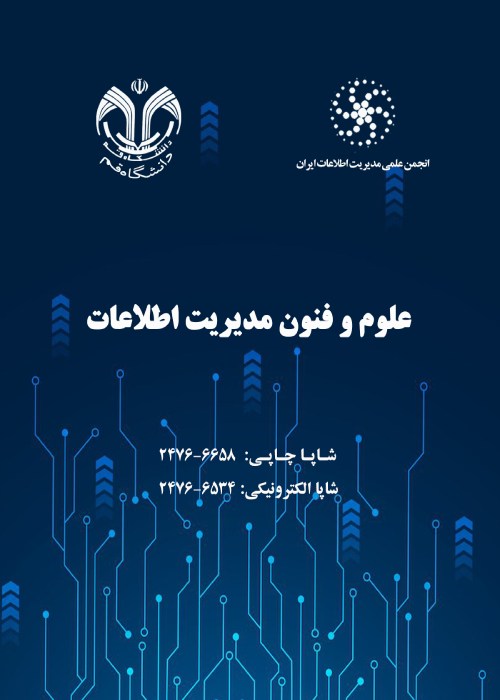The Providing a Public Services Challenges odel in the Framework of Social Media (E-Government 2.0) Focused on Developing Countries
Recently, use of social media facilities in the public sector has received much attention. There have always been challenges using these services, especially in developing countries, which paying attention to them is required for governments to implement them properly. Therefore, this research aims to study the challenges of providing public services in the context of social media (e-government 2.0) with a focus on developing countries.
The current research is a mixed study. The thematic analysis method was used in the qualitative part of the research. The statistical population in the qualitative part included experts and specialists in the field of information technology and e-government. Semi-structured interviews were conducted with 16 statistical samples, selected by purposive sampling, until theoretical saturation. A survey method was used in the quantitative part of the research. The statistical population included professors and doctoral graduates in the fields of information technology, public administration, and industrial engineering, and a simple random sampling method was used. To collect data in the quantitative section, a 21-question questionnaire with Cronbach's alpha of 0.93 was used in a sample size of 375 people. To analyze the data in the quantitative part, a one-sample T-test and SPSS25 software were used.
The research results showed that the challenges of e-government 2.0 in developing countries can be divided into three general categories: technical considerations, structural considerations, and cultural considerations. Infrastructural considerations included information factors and technical factors, cultural considerations included human factors and ethical factors, and finally, implementation considerations included managerial, security, and legal factors.
According to the findings, it can be said that there are challenges such as infrastructure, implementation, and cultural considerations in developing countries. By focusing on these challenges and trying to solve them, government managers and planners will be able to successfully implement e-government 2.0 and then raise the level of service quality and realize electronic democracy.
- حق عضویت دریافتی صرف حمایت از نشریات عضو و نگهداری، تکمیل و توسعه مگیران میشود.
- پرداخت حق اشتراک و دانلود مقالات اجازه بازنشر آن در سایر رسانههای چاپی و دیجیتال را به کاربر نمیدهد.



